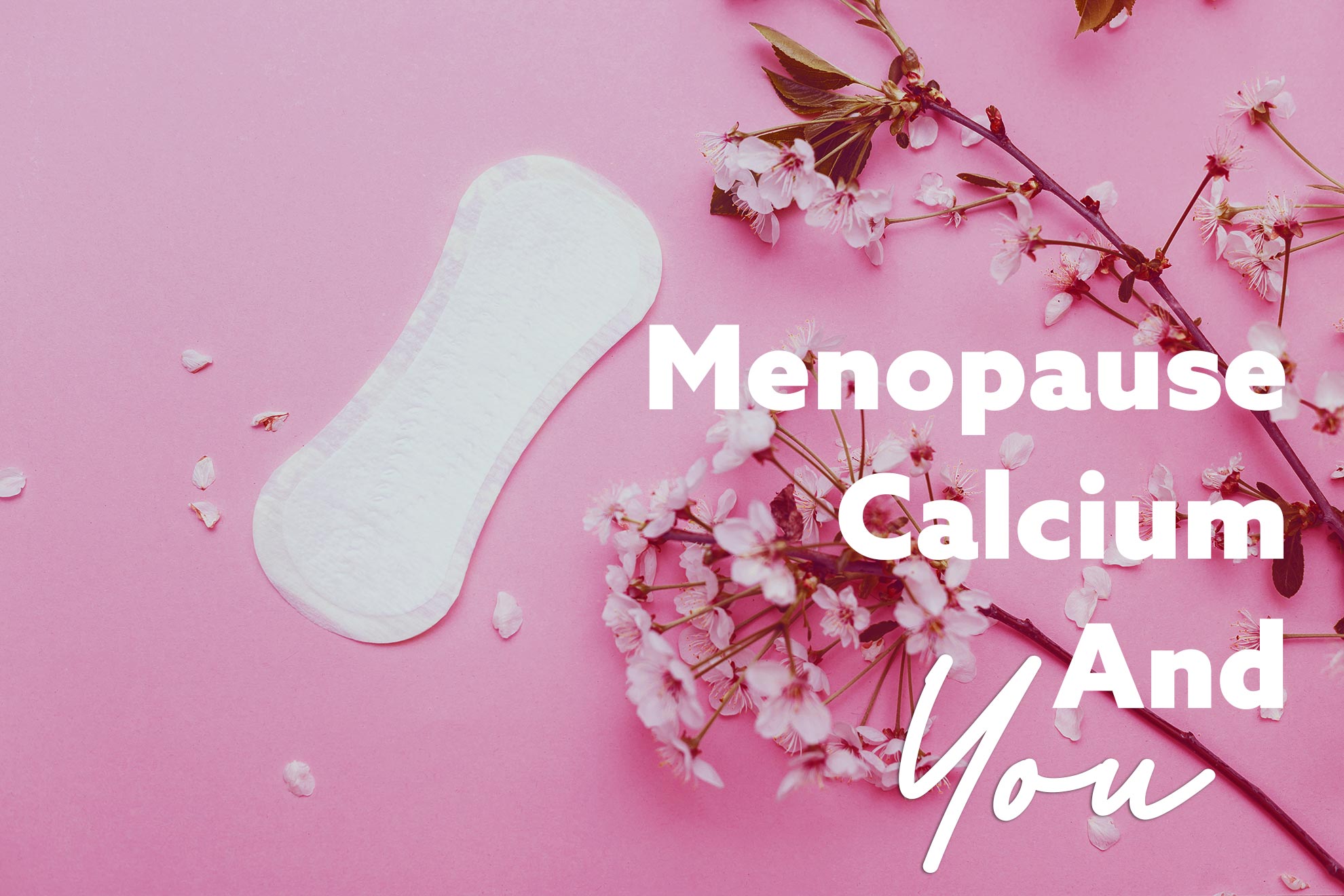
15-E, Jay Bharat Soc.
Khar West, Mumbai-52
+91 84199 18281
24/7 Customer Support
Mon - Sat: 11:00 - 18:30
Online store always open
Khar West, Mumbai-52
24/7 Customer Support
Online store always open

Vitamin D is a nutrient that our own body produces! It’s called the sunshine vitamin for a reason. Our body synthesizes Vitamin D from sun exposure. When you expose your skin to the sun, you produce vitamin D, lots of it. But because of the potential health risks of sun exposure we need to also rely on other sources.
Currently about 1 in 10 people globally isn’t getting enough of this nutrient. That makes a lot of global population that is not getting the required amount of Vitamin D and and that’s not good considering its health benefits. Vitamin D helps with the absorption of calcium and phosphorus. So, this is beneficial in terms of bone health and the health of our teeth.
It can also help prevent osteoporosis and infections and right now there’s a lot of research looking at Vitamin D and reducing the risk of chronic diseases such as cancer. That’s why it’s important to get vitamin D from other sources. However, it is not found in large quantities in food. This makes vitamin D unique and complex in getting the right amount.

Vitamin-D is essential in maintaining calcium and keeping your bones strong. But it is also important for cell communication throughout your body, giving your cells the nutrient they need to effectively communicate with each other. If they can’t communicate perfectly, your body can break down!
Research is ongoing, but to date it appears that vitamin-D may be important for:
That is why deficiency in Vitamin-D has been linked to diseases, including:
Probably not! To be sufficient in vitamin-D, you have to live a true outdoor lifestyle or you have to supplement on a regular basis. Risk factors for Vitamin D deficiency include:
Take action! Here are some suggestions:
1.Get tested and find out if you’re deficient. Talk to your doctor or order a test online. The test for vitamin-D is a 25(OH)D. The Endocrine Society recommends levels between 40-60 ng/ml.
2.Expose yourself. Go get some full body sun exposure! Your body can produce about 10,000 IU of vitamin-D in just a half hour. But make sure most of your skin is exposed and that it’s close to high noon. Use caution and sensibility and avoid getting sun burned.
3.Take a supplement. Let’s face it; it’s hard to get daily sun exposure in the 21st century. On days that you do not get full body sun exposure, the Vitamin D Council recommends the following daily intakes:
Children 1,000 IU per 25lbs of body weight
Adults 5,000 IU
Upper Limit 10,000 IU*
*Any more is too much! Vitamin-D is fat soluble, so too much is not healthy. However, if your doctor prescribes more, trust their knowledge and care. In some conditions, vitamin D is prescribed at higher doses
Vitamin-D is the only nutrient your body produces when exposed to sunlight. However, with changing times where most people tend to stay indoors or work in an office environment, they may not get enough sun light. You can also eat and drink your vitamin D. There’s also vitamin-D fortification in the lot of food products like fortified orange juice or fortified soy beverages as well.
You can always go to some dietician for some for some tables that will list specific food items and their vitamin-D content as well. While some vitamin D is good, don’t overdo it. Too much can negatively affect your heart tissues and kidneys. And remember that many multivitamins also contain vitamin-D and every bit counts towards your daily intake.
For more remedies and videos check out our channel Healin’ Temple
For any queries regarding how to fulfill you Vitamin D body requirements, you can reach Dr. Rupa Shah here.

The Healin Temple is a health and wellness center managed by Dr. Atul Shah & Dr. Rupa Shah where Modern Science meets Ancient Wisdom. Each one of our pathways is specifically designed to support your body holistically and promote natural healing.




[elfsight_facebook_feed id=”1″]

Today we will be talking on menopause, and we will be discussing the role of calcium in the menopause. Now, when most of us think

Calcium is an important nutrient during pregnancy, and if you’re not getting enough from your diet, you may need a supplement. Here we’ll discuss calcium

What is Calcium and why is calcium important to the body? Calcium is the most abundant mineral in the body. It makes up 2 %

Vitamin D is a nutrient that our own body produces! It’s called the sunshine vitamin for a reason. Our body synthesizes Vitamin D from sun